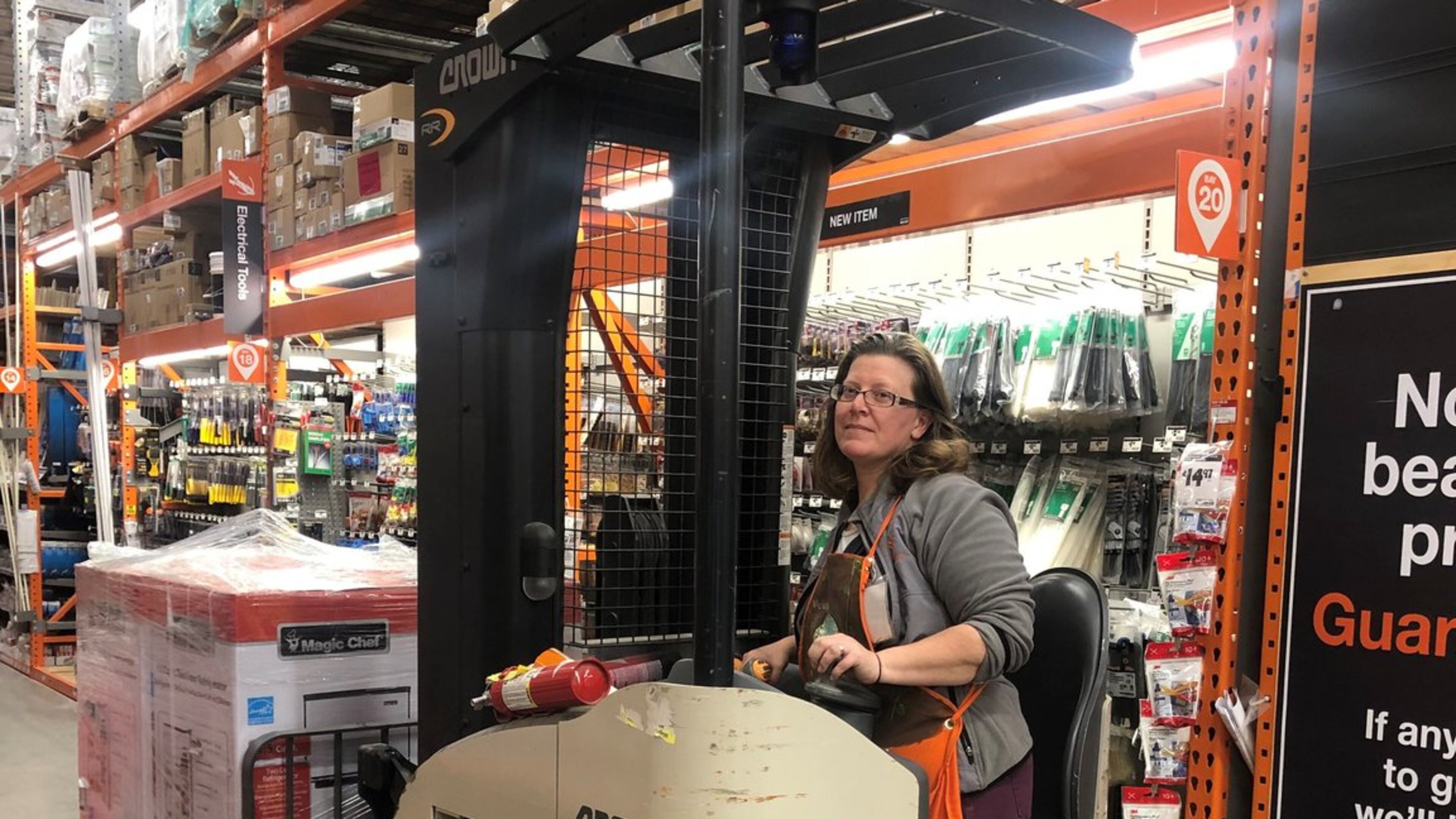School workers look to fill pay gaps left by Coronavirus shutdown

With the coronavirus disrupting just about every aspect of everyday life, employers are finding ways to keep some normalcy for their workers.
But if you drive a school bus or fix meals for students who are now eating at home, it’s hard to keep that work going.
Seven metro Atlanta school districts contacted by The Atlanta Journal-Constitution have vowed to maintain base wages for most employees.
And that news comes as a relief for the thousands of workers whose jobs have been halted by this week’s shutdown of K-12 schools in order to stem the spread of the coronavirus.
For school workers in Gwinnett, Cobb, Fulton, Clayton, Forsyth, Cherokee, Douglas and the City of Atlanta , days at home could have meant days without pay.
In addition to ensuring workers get paid, some districts are finding new roles for employees.
Most districts have teachers holding class in cyberspace. Digital Learning Days mean teaching and grading papers as usual, but from home. In Gwinnett County, all other school-based staff will report to school locations and all district staff will report to work starting Monday. The school bus drivers will be used to deliver meals to 68 sites throughout the district.
Having that work is comforting to most drivers.
Vanessa Smith lost her job with MARTA four years ago and since she has a commercial driver’s license, began driving a school bus for Gwinnett County. The pay was about a third less than what she had been earning at MARTA.
“I’m not just a bus driver,” she said. “I’m a babysitter, a janitor and a mechanic as well.”
The 51-year-old said she doesn’t have the strength to work a second gig and was looking forward to th extra money drivers earn during school field trips. Those trips help close the gap between her current salary and what she earned at MARTA.
Smith is like a lot of school contract and part timers tied to metro school systems. She said she wonders if she’ll eventually have to drive for a ride-sharing company to make ends meet now that the coronavirus is keeping students at home.
Victoria Taylor has similar concerns.
Although she’s a substitute teacher, she doesn’t have teaching certification so she can’t perform as a long-term sub in most situations and she can’t proctor tests. Taylor has a bachelor’s degree in history and a minor in political science and enjoys working with students.
She was a stay-at-home mother and volunteer when her children were at Camp Creek Elementary.
“I was the yearbook lady,” she said.
But when her daughter entered college, Taylor began supplementing her substitute teacher income with work at Home Depot. She’s considered a full-time employee at the Tucker store, but can work as few as 12 hours a week or as many as 40 hours.
“I mainly do more hours in the summer and during school holidays,” she said.
Unlike most other staffers, substitute teachers are the kind of contract workers that don’t get paid if they don’t work.
Some school systems are looking for things for substitutes to do during the shutdown.
Gwinnett will use some long-term substitutes to fill in for teachers who will be out during the digital learning days. They will teach the digital classes, assign and grade homework and fulfill the role of the full-time teacher. Douglas County is working out a similar plan.
“While we have not reached a decision about substitutes, we are working to see if we can meet federal and state guidelines through digital learning so that employees paid through state and federal grants can be compensated,” said Douglas Superintendent Trent North.

